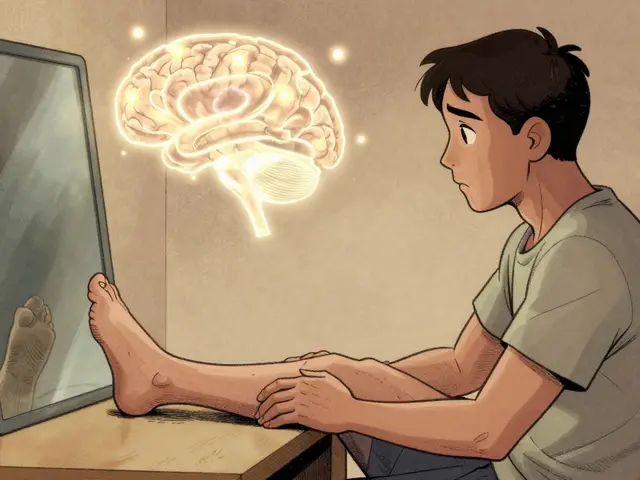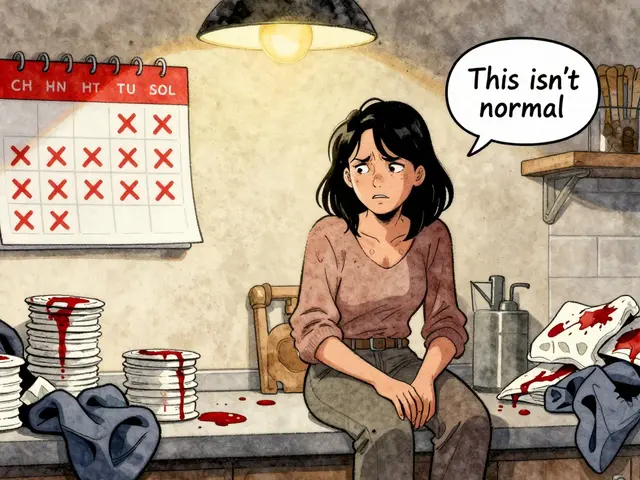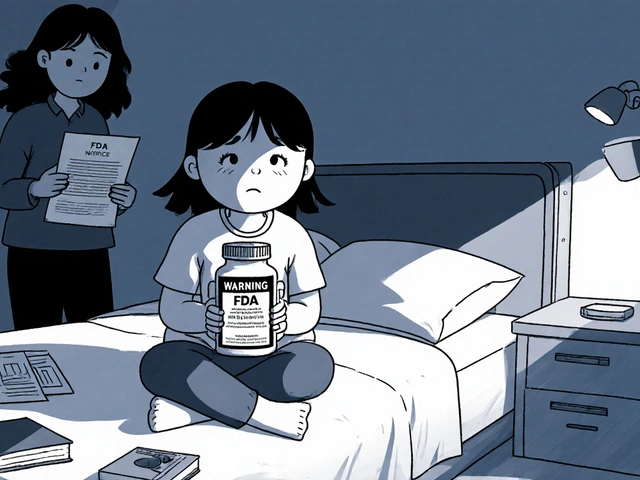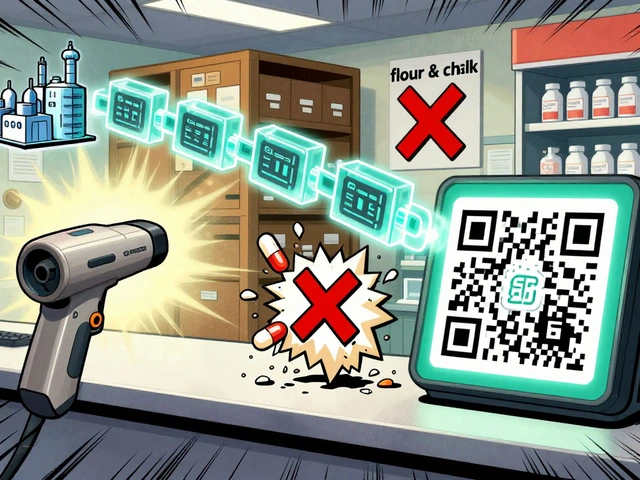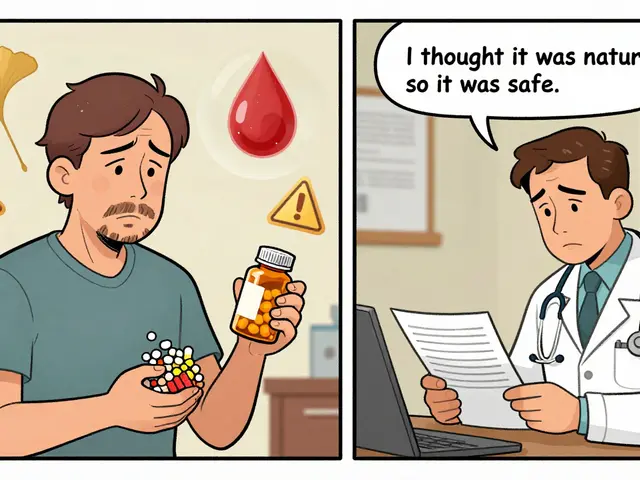Depression Treatment: Real Ways to Feel Better
Feeling down for weeks? You’re not alone, and there are solid ways to lift that weight. Below you’ll find the most common treatments, what works best for different people, and simple steps you can start today.
Medication Made Simple
Antidepressants are often the first line of defense. SSRIs like sertraline or fluoxetine boost serotonin levels, easing sad thoughts. If those don’t click, doctors may try SNRIs, bupropion, or older drugs like tricyclics. Most people notice a change after 2‑4 weeks, but you need to stay in touch with your prescriber for dose tweaks and side‑effect checks.
Therapy That Actually Helps
Cognitive‑behavioral therapy (CBT) teaches you how thoughts shape feelings. A therapist helps you spot negative loops and replace them with realistic ones. Talk therapy, like interpersonal therapy or psychodynamic sessions, works well for those who need deeper emotional work. Even a few weeks of weekly meetings can cut symptoms dramatically.
What if medication isn’t your thing? Many find relief in lifestyle tweaks. Regular exercise—30 minutes of brisk walking, cycling, or dancing—raises endorphins and improves sleep. A steady sleep schedule, balanced meals rich in omega‑3s, and limiting alcohol also keep mood steadier.
Natural supplements get a lot of buzz. St. John’s Wort can help mild depression, but it interacts with many drugs, so check with your doctor first. Omega‑3 fish oil, vitamin D, and magnesium have modest benefits for some folks.
Mind‑body practices are easy to add. Daily meditation, even five minutes, reduces stress hormones. Journaling lets you unload thoughts that keep looping in your head. When cravings for isolation hit, reach out—text a friend or join an online support group.
If symptoms get severe—like thoughts of self‑harm or inability to function—seek professional help immediately. Crisis lines, urgent care, or the emergency department are there for you 24/7. Early intervention prevents longer setbacks.
Putting it all together: start by talking to a healthcare provider about medication options that fit your health profile. Pair meds with therapy if possible, and add movement, sleep hygiene, and simple mindfulness tricks. Track how each change feels; keep a note of mood scores so you can see progress.
Remember, depression isn’t a sign of weakness. It’s a medical condition that responds to treatment. By mixing the right tools—pill, talk, and daily habits—you give yourself the best shot at feeling like yourself again.


